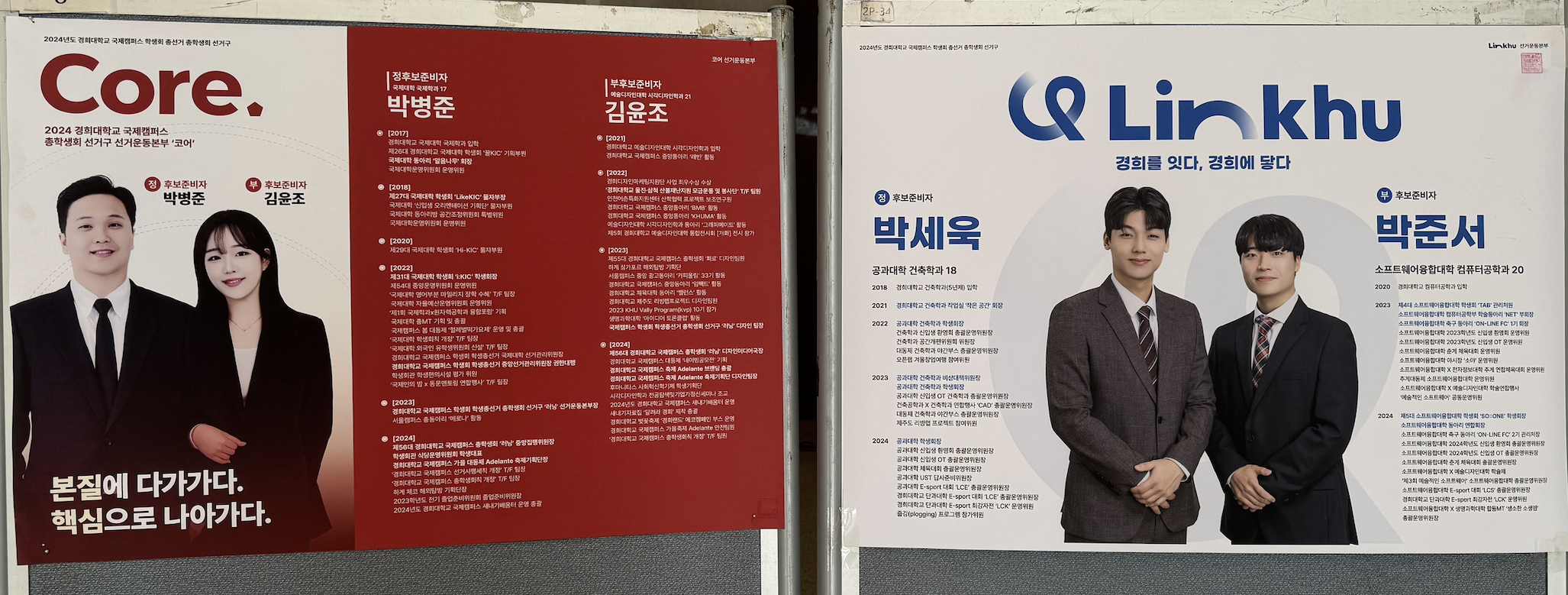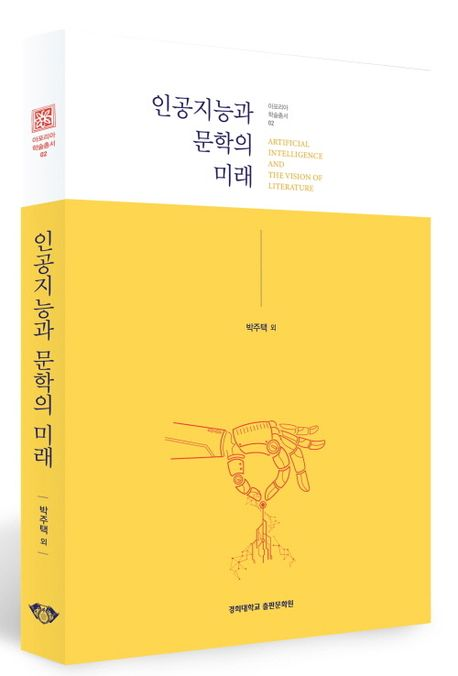[Feature] Youth Suicide Becoming Social Dilemma
Recently, there had been a series of tragic young adult death in South Korea. The suicide of Moonbin, a member of the famous Kpop idol group Astro, on April this year traumatized its fans and society. On October, A student enrolling at Seoul National University graduate school also killed himself in a school library due to academic stress. Similarly there had been numerous real estate frauds targeting young people leading to unfortunate suicide cases. The number of suicide cases among young people are not only tragic but also rising as a serious social dilemma aggravating every year.
Seriousness
of young adult suicide
According to statistics published by
South Korean Ministry of Health and Welfare in 2021, portion of young adult
suicide comprises about 25.6 % of total suicide rate. This is a figure with 3.1
% increase in comparison to five years ago. Also in 2020, there had been a
drastic increase of 12.8 % within young people suicide rate which is prominent
compared to other age groups. South Korea had been infamous for its suicide
rate among OECD member nations recording its peak in 2020. Even though there
had been a decrease within total suicide rate encapsulating all age groups,
suicide rate specifically among individuals aged 10 to 20 faced steep increase.
Thus there should be meaningful analysis on the factors contributing such
social concern.
Possible
reasons behind the increase of young adult suicide rate
Certain
amount of stress and pressure is inevitable for young adults because they
experience independence from parents first time in their life. In addition,
financial, psychological instability induced from unstable social position burdens
young people. Like this, there are many direct, indirect factors influencing
suicide of young adults. One of the reasons is an unemployment. Although there
had been numerical decrease within overall unemployment rate, the number
reflects increased temporary employment rate which is unstable. As a matter of
fact, there had been 4.5 % decrease within job sectors on which employment
contract exceeding one year according to MBC news report. Also the superficial
wholistic data failed to include people who are not investing efforts to seek
jobs. Many young adults traumatized from consecutive failures from seeking
jobs, lost their will to try further. Since the definition of unemployment
refers to condition in which being incapable to get employed even with
continuous effort, the statistics disregarding such elements cannot be regarded
trustworthy. Unemployment alone many not have direct correlation with suicide
rate. However it has intimate link with the social malady of South Korea
endlessly comapring with others. With proliferation of social media including
Instagram and Facebook such tendencies have only worsened resulting in
frustration and despair. Consequently, psychological disorders representatively
depression, arises. According to National Health Insurance Service, number of
patients who seeked depression therapy doubled since 2018 to 2022. According to
Suicide prevention guidance published by Ministry of Health and Welfare in
2021, adults who experienced depression had higher chances of thinking suicide
compared to people without depression with its rate 13.5 times higher.
Efforts
to contain suicide rate
To tackle the issue, there are many implemented goverenmental measures in place. The Ministry of Gender Equality and Family carries out psychological therapy aid to age group between 20~24. The Ministry of Employment also practices psychological therapy to unemployed young adults. They also provide financial support to unemployed individuals by paying subsidy to individuals actively seeking for jobs. Similarly, the government also support young adults by providing youth subsidies. In a narrower perspective, government also reinforces universities to provide accessible psychological aids to its students by including such factors in evaluation criteria. Seoul National University provides appropriate therapies and counseling to its students via Center for Campus Life and Culture. They also support freshmen through mentoring service by allocating senior mentors helping them through various aspects including relationship, academic stress. Korea University also offers assistance to its students through the Korea University Student Counseling Center. The center provides self examination on psychological condition to individuals as well as provision of related publications helpful in mitigating psychological hardships. Similarly, Kyung Hee University (KHU) also has its counseling center. Started in 1982 as a student life research institute, it provides counseling service to undergraduate and post graduate students. With differentiated individual and group counseling, the center offers a solution to difficult relationship, career, and academic burden. It is also opened to foreign students with psychology test supporting three different languages including English, Chinese and Vietnamese. Yoo Hyo-sang an exchange student from Japan majoring in Dept of Business Management stated on the interview that he had received overwhelming stress from academics as well as aspects of relationship. “There are many uncertainties, anxiety university students experience. Going to mental hospital involves risk of being prejudiced as a mentally sick person with expensive fee.” Kim Mi-kyung, a counselor of KHU counseling center stated, “We provide appropriate supports on sectors students can commonly empathize upon. With many fearing going to mental hospitals, counseling center can be a good alternative”.
Nevertheless,
there are still much to be done to create meaningful changes. Inflation rate
skyrockets every year unable to catch up with insufficient amount of subsidies.
Social recognition is prevalent deeming mentally sick individulas to be weirdo
or dangerous hindering them to seek medical aid resulting in growth of their
symptoms. Lee Moon-woo, a current physician running his own hospital expressed
his concern regarding the issue. “I have seen many patients who came to
hospital claiming they feel pain but medically nothing wrong. In those cases, I
urge them to receive mental hospitality aid but many of them reject saying they
don't want to be regarded as a mentally ill person.” he also added the
effectiveness of drug treatment in psychiatry. “Personally I believe today
isn't like 10 or 20 years ago when side effects were common. They are safer,
better with shorter treatment period. But many still fear the social
recognition only worsening their situations.” These seem to be the main
obstalces our society should deal with. However, it is still true that
comprehensive efforts are taking place to resolve such issues. Thus, positive
speculations may be expected in the long run.
There are no registered comments.
- 1
- 2
- 3
- 4
- 5
I agree to the collection of personal information.





